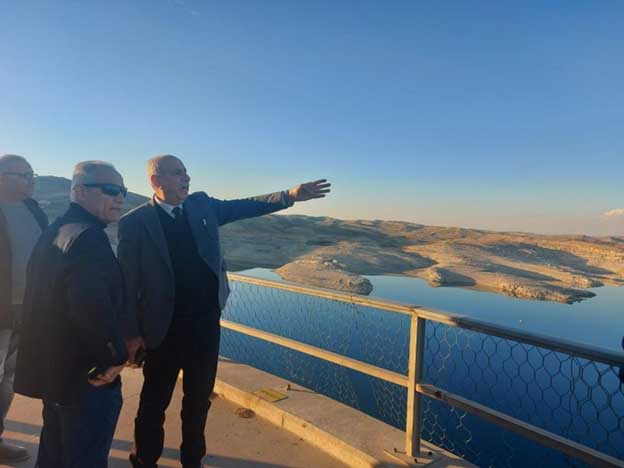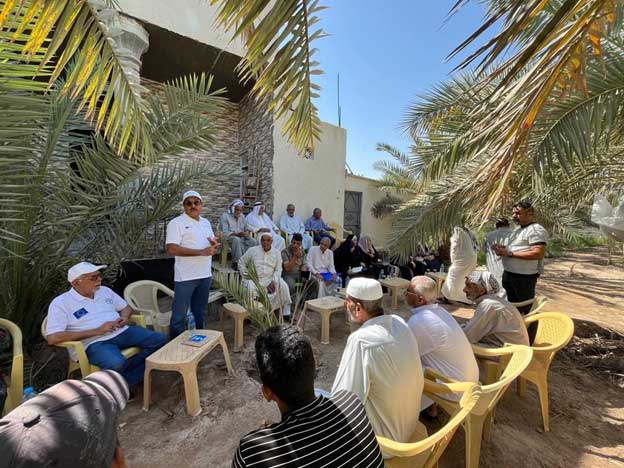BAGHDAD, Iraq, Aug 28 (IPS) – Climate change and water scarcity pose significant threats to Iraq’s stability, prosperity, and the well-being of its people. The environmental challenges facing the nation are complex and interconnected, requiring a comprehensive and coordinated response.
In Iraq, the United Nations Country Team (UNCT), under my leadership, has been at the forefront of addressing these critical issues, working tirelessly to build a more sustainable and resilient future for all Iraqis.
Through the Resident Coordinator’s Office (RCO), we aim to leverage the diverse expertise and resources of different UN agencies, fostering a coordinated and integrated approach to development challenges.
Through this collaborative model, we can maximize our impact and deliver holistic solutions to tackle the interconnected web of factors that contribute to climate change and water scarcity.
This includes not only mitigating the immediate effects of these environmental threats but also addressing their underlying causes, such as unsustainable water management practices and overreliance on fossil fuels.

The UN in Iraq has made a lasting impact in Iraq through a number of key initiatives. These include:
1) Forging climate resilience
Iraq is highly vulnerable to climate change impacts, including rising temperatures, droughts, and desertification severely impacting agricultural productivity and social stability. To address this, the UNCT, in cooperation with the Iraqi Government, organized Iraq’s first Climate Conference in Basra in 2023. This event resulted in the “Basra Declaration” with key government commitments and initiatives like an afforestation campaign, aimed at enhancing Iraq’s climate resilience.
These efforts led to increased national and international awareness and cooperation on climate issues, establishing a framework for future environmental and policy planning, including the National Adaptation Plan (NAP) and Nationally Determined Contributions (NDC).
The Basra Declaration aims at strengthening Iraq’s institutional, technical, and financial capacities to tackle climate change by mainstreaming medium- to long-term adaptation strategies into national and local planning.
2) Advancing water security
Iraq suffers from a critical water crisis due to reduced rainfall and over-utilization of the Tigris and Euphrates rivers. These challenges are exacerbated by inefficient water management and agricultural practices.
Last year, Iraq was the first country in the Middle East to join the…
(Continued)




